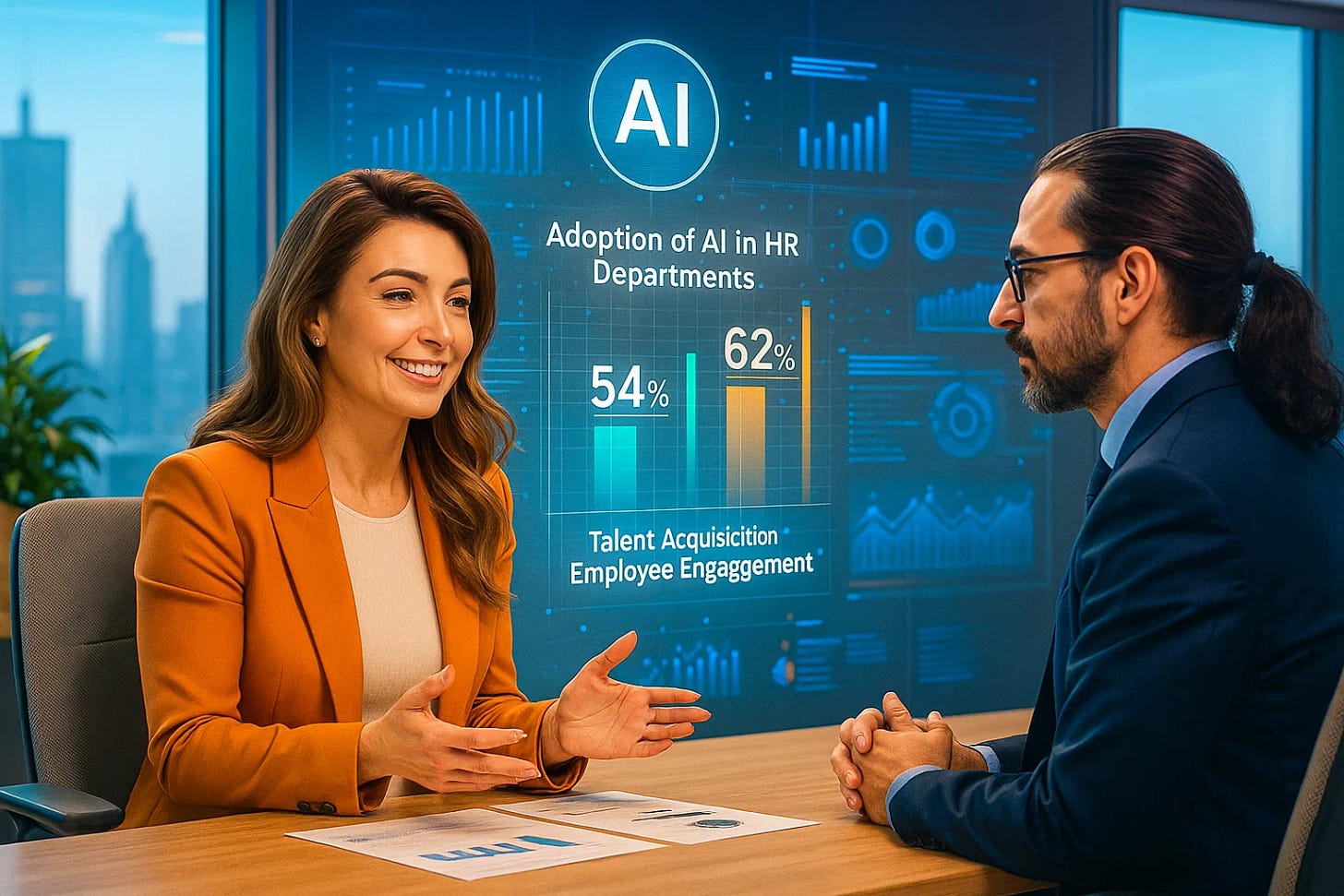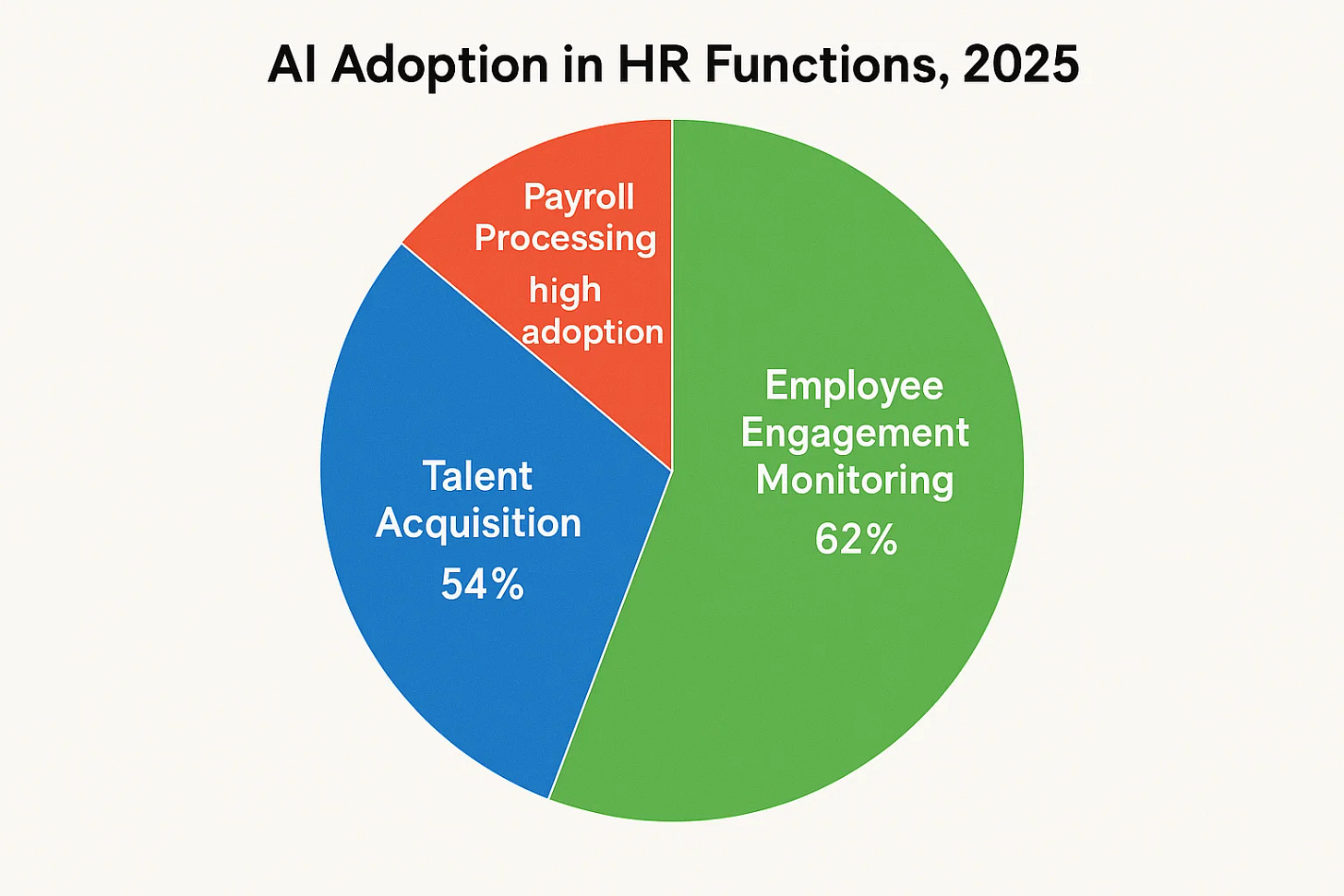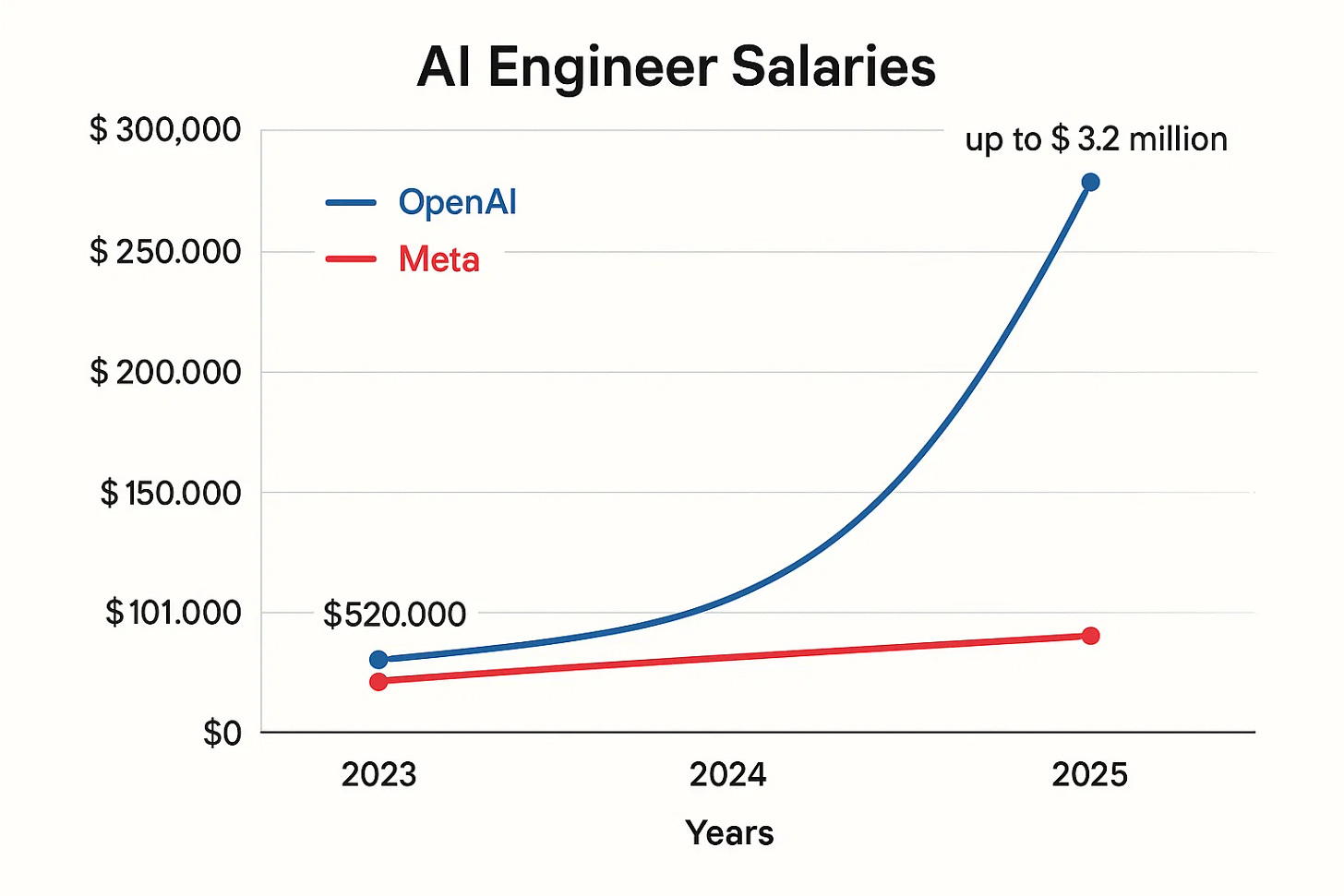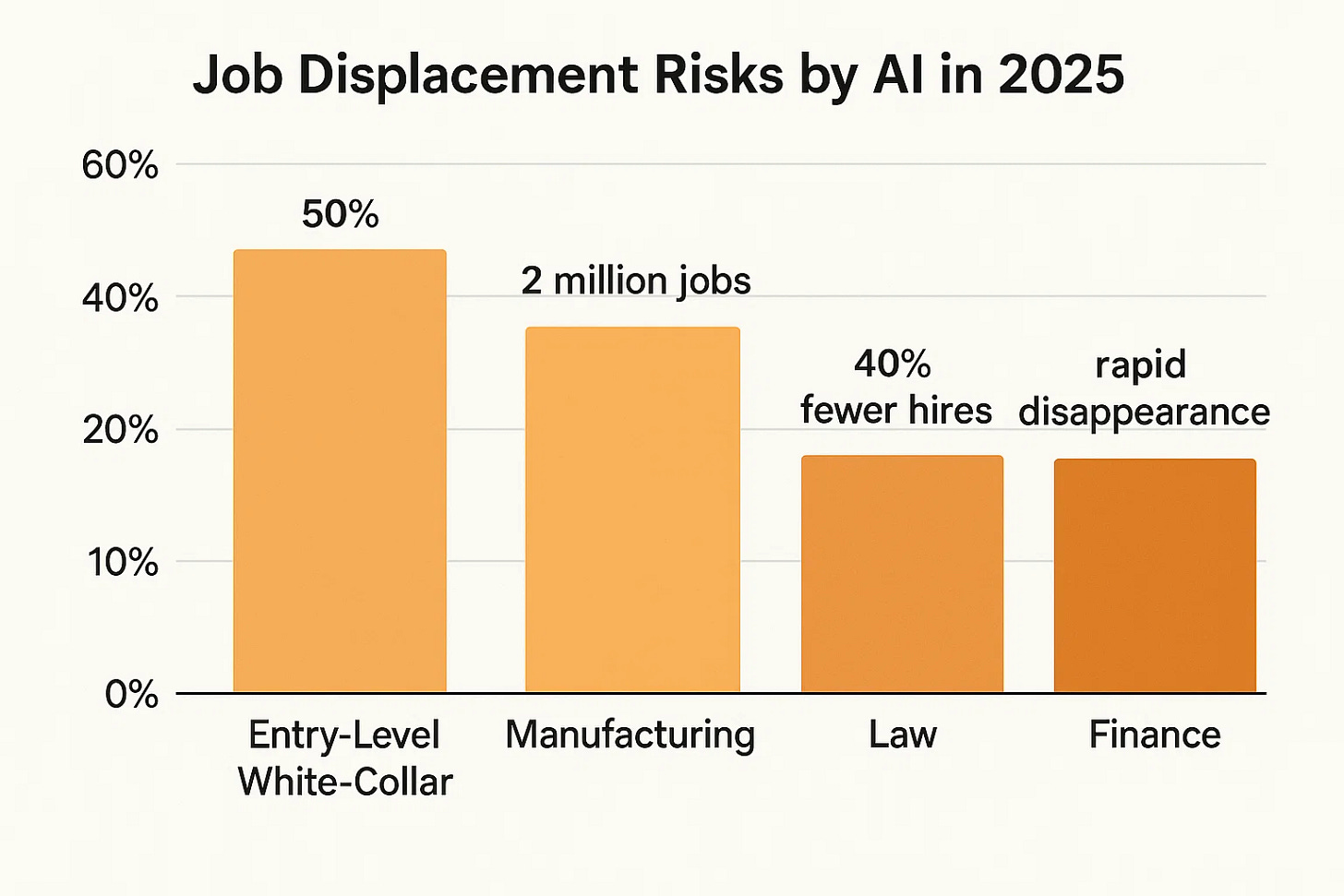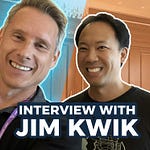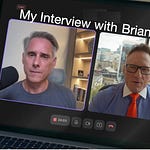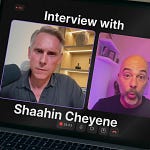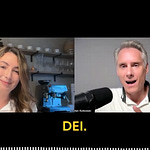Kelly McGinnis, a seasoned CXO navigating the Fortune 100 trenches, sat down with me recently to unpack the thorny realities of AI crashing into the human side of business. What began as a conversation about privacy in hiring evolved into a comprehensive exploration of how this tech giant is transforming the landscape of work, from the executive boardroom to the entry-level workforce. As we barrel into 2025, with AI adoption exploding across HR departments, it's clear we're at a pivotal moment. Companies like Microsoft and Google are pouring billions into AI tools that promise efficiency, but what about the human cost? That's where the real story unfolds, as it blends promise and peril in ways that echo past technological shifts yet feel uniquely urgent.
Privacy has always been a delicate dance in hiring, but AI amps up the stakes. Legally, you can't probe into age, preferences, or politics—rules etched in stone by frameworks like the EEOC. Yet, as McGinnis pointed out, the "gray areas" are where things get slippery. Questions about family life or future plans can veer into discrimination territory, even if unintended. Enter AI: tools that screen resumes and conduct initial interviews are now ubiquitous, with 99% of surveyed companies using them in some form. However, the challenge lies in the fact that without human supervision, these systems may inadvertently pose questions that are unaskable, given their training on datasets laden with real-world biases. Recent research from Pew shows 64% of Americans believe AI will slash jobs over the next two decades, fueling privacy fears that extend beyond hiring. McGinnis advocates drawing info out organically, building connections without crossing lines. Brands like IBM are leading here, implementing ethical AI guidelines that prioritize transparency, ensuring algorithms explain their decisions to avoid the black-box trap.
When AI steps into the interview room, the dangers multiply. McGinnis called it outright "dangerous" without human intervention, echoing concerns from experts at McKinsey, who warn that unchecked AI could perpetuate biases in conversational flows. We've seen this play out: Amazon scrapped an AI recruiting tool in 2018 after it favored male candidates, a cautionary tale for today's landscape where 88% of companies use AI for screening. Yet, the upside? In basic tactical assessments, AI dashboards can enhance workplaces, spotting performance trends faster than any human could. But McGinnis warns against sterilization—AI misses the nuance of human interaction, like leadership vibes or message relay. PwC's 2025 AI Jobs Barometer reinforces this, showing AI boosts value in automatable jobs but demands human-AI synergy to avoid cracks where top talent slips through. Think of it like Tesla's Autopilot: great for highways, but you still need a driver for the curves.
For a deeper look at how AI is paradoxically empowering yet displacing workers, check out this TED Talk by Madison Mohns. She explores the ethical knot of training machines that might replace us, offering leadership tips for a balanced future.
Excitement around AI in the corporate space isn't difficult to find—McGinnis uses it to whip up complex reports in minutes, freeing her team for deeper analysis. This mirrors broader trends: by 2025, 80% of organizations will weave AI into HR, growing 35% annually. Giants like Salesforce are betting big, with CEO Marc Benioff crediting AI for slashing 4,000 customer service roles while boosting efficiency. It's not just grunt work; AI teaches teams to distill data into what matters, much like how Spotify's algorithms curate playlists from chaos. But as Stanford's AI Index notes, global legislative mentions of AI jumped 21.3% in 2024, signaling a push for ethical guardrails amid this rush.
The notion that AI could replace CFOs? McGinnis laughed it off but admitted ineffective ones—those who just regurgitate reports—are toast. Effective leaders, like those at Meta or OpenAI, layer data with strategy, shaping acquisitions and models that AI can't dream up alone. Yet, in law and finance, entry-level roles are vanishing. Firms are halting hires straight out of college, opting for ChatGPT to handle grunt work. Harvard research warns this narrows talent pipelines, slowing innovation. Goldman Sachs estimates AI could displace 300 million full-time jobs globally, with MIT pegging 2 million manufacturing losses by 2025. It's a pattern: automation hits the bottom rungs first, forcing a rethink of education and careers.
Andrew Yang, the forward-thinking politico, breaks down AI's job crunch in this CNBC clip, advocating for UBI as white-collar roles evaporate. It's a stark reminder of the human stakes.
Redefining entry-level isn't optional—it's survival. McGinnis urges shifting from report-crunching to AI mastery and business immersion. Graduates must pivot: learn AI fast, dive into operations. This aligns with World Economic Forum insights, where 40% of employers plan workforce cuts via AI, but new roles emerge in oversight and augmentation. Companies like Google are reskilling programs, turning data clerks into AI ethicists. Yet, as Anthropic's research shows, AI could eliminate half of entry-level white-collar gigs in five years, demanding a blow-up of traditional ladders.
The new superstars? AI coders commanding $100 million packages at Meta and OpenAI, rivaling NBA deals. Zuckerberg's nine-figure offers underscore the frenzy—Elon Musk's xAI is in the mix too, poaching talent for Grok models. But McGinnis calls it unsustainable: democratization will spread the tech, collapsing these bubbles. Still, with Nvidia engineers averaging $186,121, the thrust is real, though not forever.
This debate on AI agents from experts like Amjad Masad and Bret Weinstein captures the tension: massive displacement ahead, but opportunities for those who adapt.
In the end, AI isn't just a tool—it's a mirror, reflecting our choices on ethics, equity, and evolution. As McGinnis and I wrapped up, one thing was clear: the corporations that thrive will blend AI's speed with human insight, turning disruption into shared progress. The question isn't if AI changes work—it's how we steer it.




